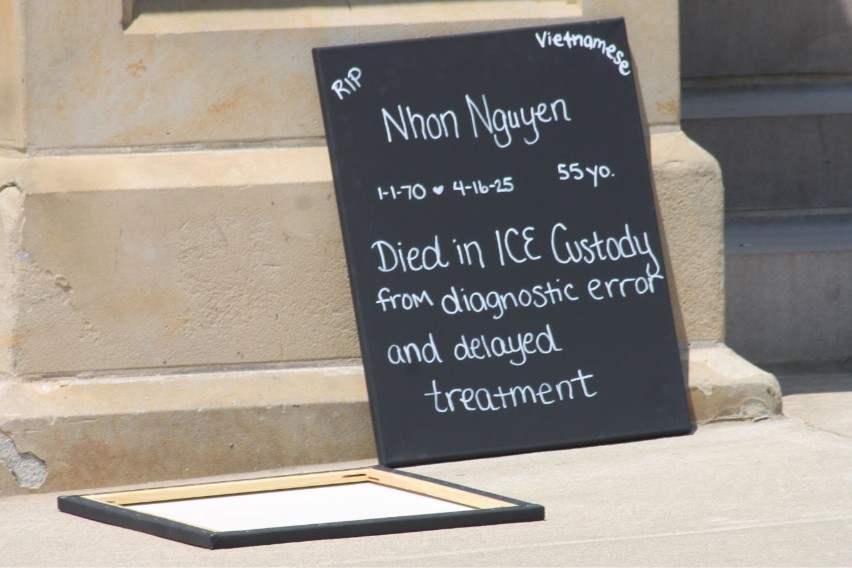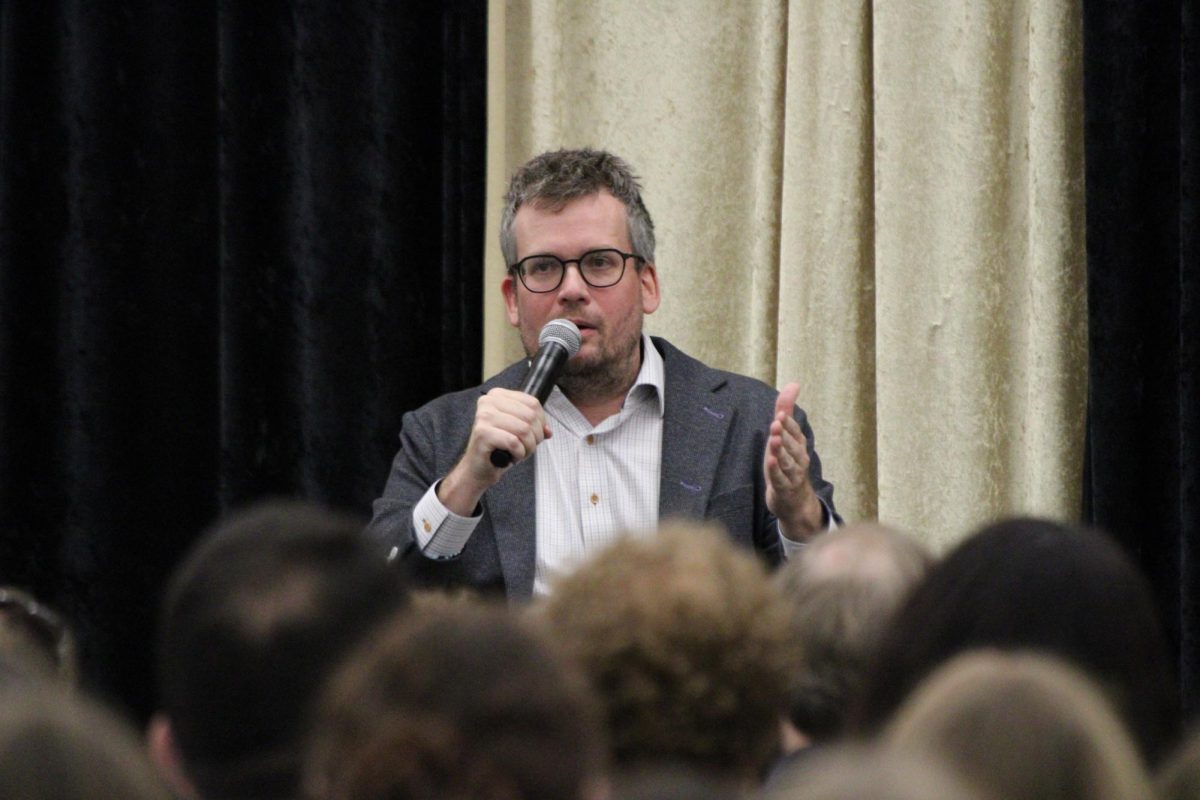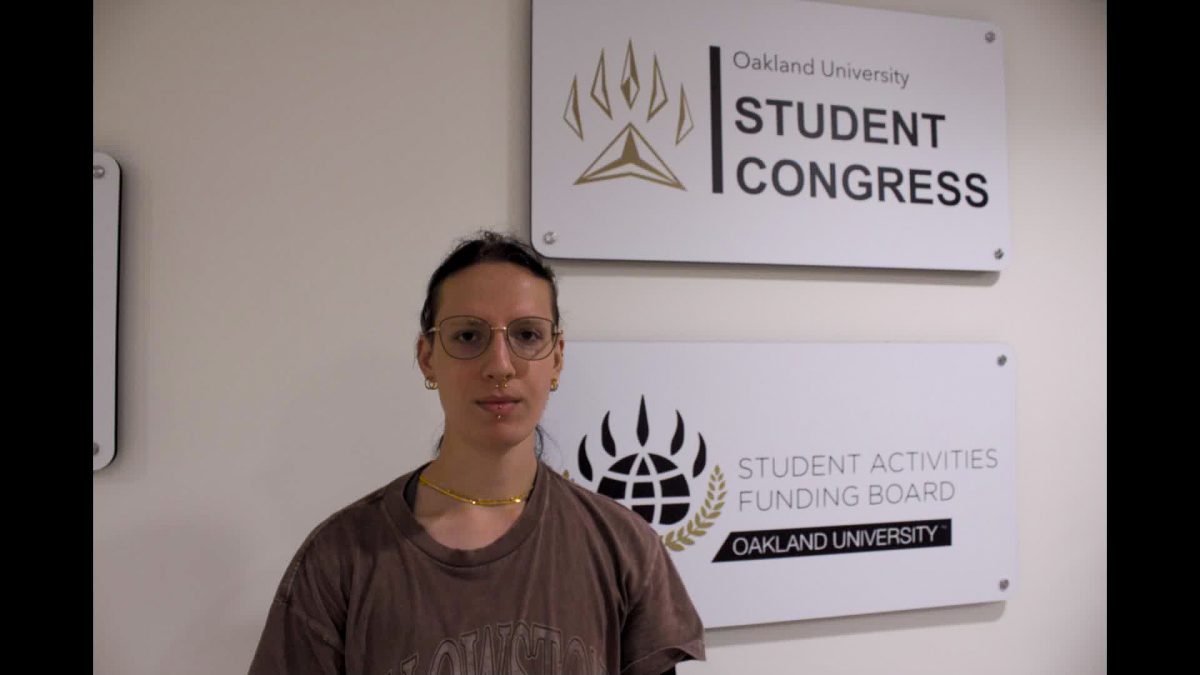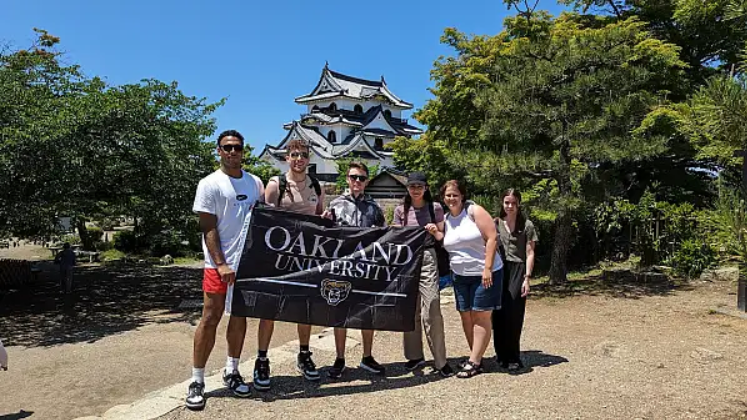Volatile immigration policies during the Trump administration have oscillated over the summer, with one of the few constants being the growing concern of some Oakland University members whose communities, academic standing and career plans remain in tension.
One of the first challenges for international students at OU came on May 27, when the U.S. Department of State ordered consular offices to stop appointments for student visa applicants. By June 18, the pause was lifted and prospective students could schedule an appointment to continue their process, now with an enhanced social media screening.
At OU, this has affected returning international student registration, Enrollment Management Vice President Dawn Aubry explained.
“We’ve noticed that returning international students, Oakland students [who] were here, [who] aren’t graduating, there’s been a dip in their registration activity,” Aubry said. “Some of them will return, especially if they’re here in the country, but there are others that are pausing… and they may make a decision not to return, and in that case, we will try to work with those students, for example, if they can enroll in classes online.”
Also in June, the Department of State restricted the entry of citizens from 12 countries and partially suspended nationals from seven other nations in line with their efforts to “protect the United States from foreign terrorists and other national security and public safety threats,” the Department of State wrote.
An international OU student, from Venezuela, who wished to remain anonymous, explained that the policy affected him directly as his plans of returning in the Fall to continue his junior year have become uncertain.
“All the immigration issues have been stressful, not knowing where I’ll be in my future, since we as immigrants are perceived as invaders or people incapable of doing certain things,” the junior student said. “It’s exhausting to study without knowing if you’ll have the opportunity to stay and work where you’ve always dreamed of being. It’s sad to know that you’re studying and preparing to integrate into a system in which you may be seen as an invader or a thief when really you just want to show that you came to prepare yourself to the best of your abilities.”
Once in the U.S. and with more than 30,000 deportation cases open in Michigan after the nationwide increase in ICE raids, some OU students are also concerned for their communities and their studies.
“It hasn’t prevented me from engaging on education related business (as delays in paperwork are unfortunately not uncommon even in the best of times for immigrants), however, I am now fearful of engaging in protests, boycotts, and relating in any way to any socio political movement I would have participated otherwise, all in fear of retaliation,” a first year graduate student who wished to remain anonymous said.
The graduate student highlighted the Immigrant Legal Resource Center as an information hub for anyone interested in helping the community, as ICE raids continue to affect communities beyond immigrants.
“Someone’s legal status cannot save them at this point if ICE decides they are not worthy of being on US soil at this point, even if they are coming into the country as a tourist. It’s terrifying.”
Thy Hoang, a studio art and clinical & diagnostic major, explained that her family arrived in the U.S. as refugees of the Vietnam War, but now has witnessed an increase in deportations among the Vietnamese diaspora.
“Even those who have lived and worked here for many decades are no longer protected. Watching families that look like my own get torn apart has left me heartbroken. What happens to one of us affects us all,” Hoang said. “These policies have sparked fear and trauma in my community, as we are people who have experienced displacement from the war. It feels like a betrayal for the place that we sacrificed everything to find safety in to now turn its back on us and try to send us away.”







